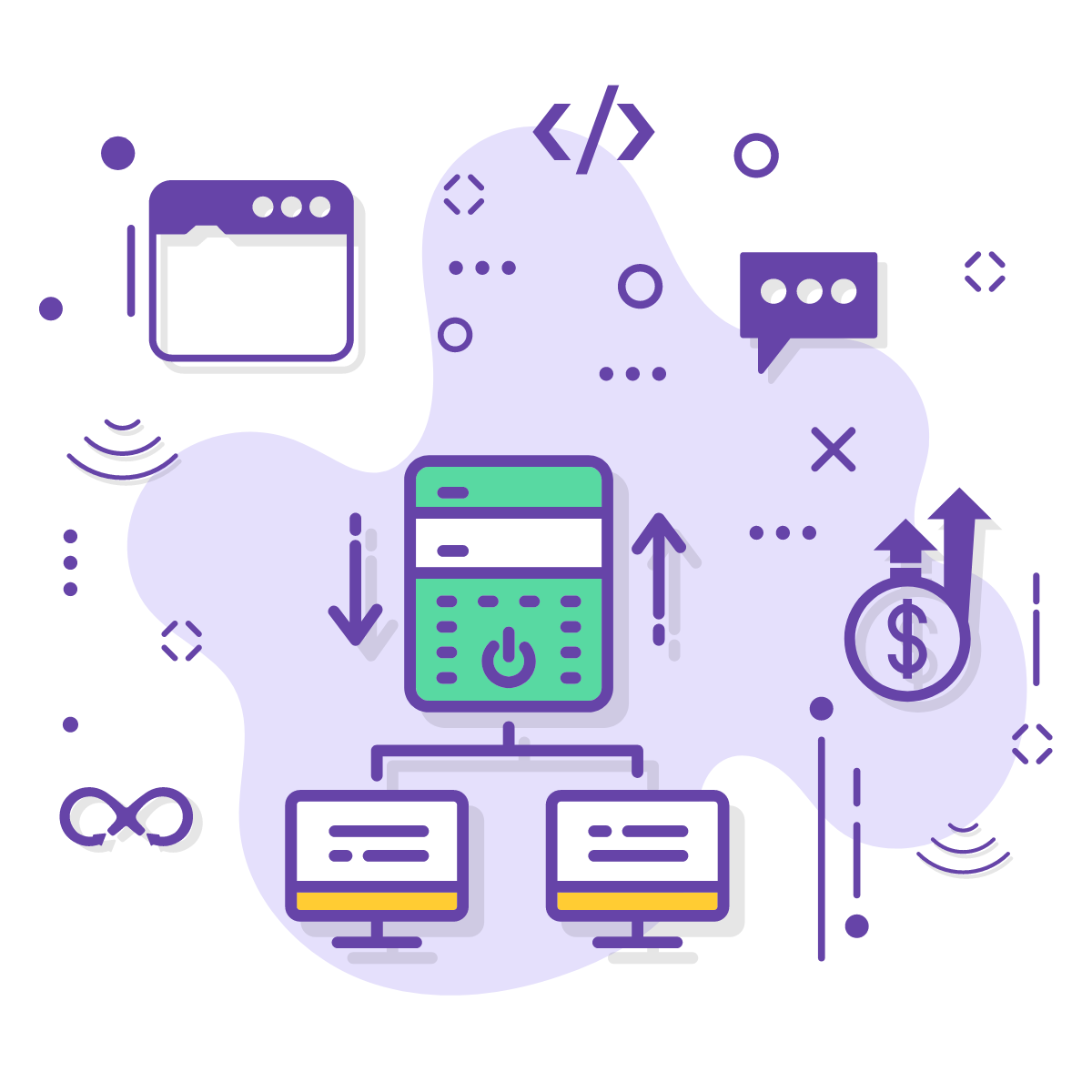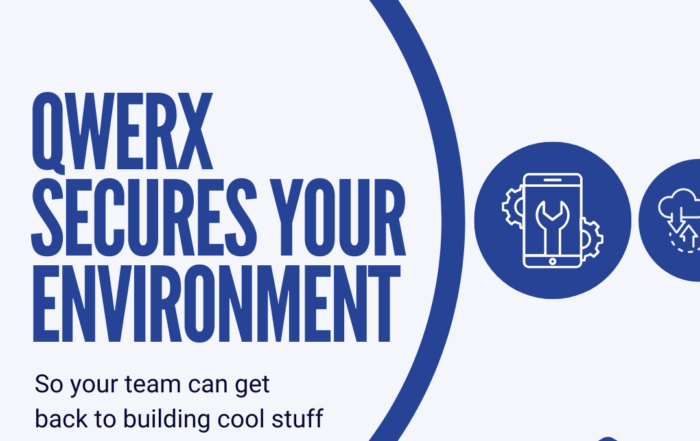Secure Machine Authentication for DevOps: Challenges + Solutions

As technology continues to evolve, so does the need to secure it. A well-run machine identity authentication protocol ensures that machines or devices have the appropriate access to resources, while also providing the DevOps team visibility and control over their activities. All businesses are struggling with the increasingly resource-intensive work of managing machine identities, but DevOps teams have unique characteristics that make this even more of a challenge. In this blog post, we will explore these common challenges, and discuss how to overcome them.
DevOps Teams are Dynamic and Cross-Functional
DevOps and security teams are often kept in silos, leading to a poor security posture. When machine identity is not managed properly, it can open up security vulnerabilities and leave systems open to attacks. Without the necessary guardrails in place, critical infrastructure resources are at risk of being exposed to malicious actors.
Securing secrets can be a difficult challenge due to the dynamic nature of the DevOps infrastructure and the need to keep secrets out of source control. To ensure the safety of these secrets, they are generally encrypted and stored securely, and the encryption keys must be managed carefully. Managing access to secrets in the CI/CD cycle can be tricky due to the speed of delivery and the need for multiple users to access the same secret.
DevOps Must Work Fast
Developers often find themselves in a difficult situation when it comes to implementing strong machine identities in their fast-paced work environments. With the need to optimize efficiency and expedite process, security can fall to the wayside. Most businesses are getting by with a patchwork set of multi-vendor integrations that may or may not work in orchestration to accomplish the goals of the Development, Operations, and Security teams. As DevOps practices become increasingly adopted, application and operations teams are able to consume machine identities much faster than traditional deployment strategies. This can cause a disconnect between security teams who must secure the identities and the application teams that need them. Security teams have processes to follow such as change requests and approvals, which can slow down the process even further.
QWERX for DevOps Secures and Simplifies Machine Identity Authentication
Secure
QWERX technology delivers a more secure machine identity authentication process by completely eliminating the need to manage and secure secrets. Our cloud-based software enforces continuous, orchestrated authentication of every enrolled device, reducing the risk of a breach due to poor identity governance, weak authentication mechanisms, or human error. The QWERX authentication protocol aligns with the Zero Trust framework by "mistrusting" each device with access to the protected network and requiring a new verification of identity multiple times per minute. Authentication keys are generated locally on each device, used once to verify identity, then erased and never reused. No secrets are ever exchanged or stored, and the user (a common leakage point) is completely removed from the process. By employing QWERX across the entire DevOps environment, organizations can be confident that their most valuable IP and assets are secure.
Simplify
In addition to a higher level of security for the DevOps environment, QWERX provides a streamlined and intuitive view of every enrolled machine identity with access to protected networks, in one pane of glass. This increased visibility allows organizations to quickly provision and deploy new applications and services without sacrificing security. Instead of laboring through the processes of generating, signing, managing and renewing certificates, the DevOps team can focus on pushing work through the CI/CD cycle . If an unauthorized attempt to access the network does take place, it will be automatically rejected. QWERX delivers a real-time notification to the network administrator with attack data, alerting security teams to any suspicious activity. Finally, QWERX can help organizations meet compliance requirements and reduce the cost and complexity of audits, making them more streamlined and efficient.
Overall, QWERX offers organizations an array of benefits, from improved security and visibility to reduced IT overhead and streamlined compliance. As organizations continue to adopt best practices for machine identity authentication in DevOps, they will be able to take advantage of these benefits and gain a competitive edge in today’s digital landscape.


